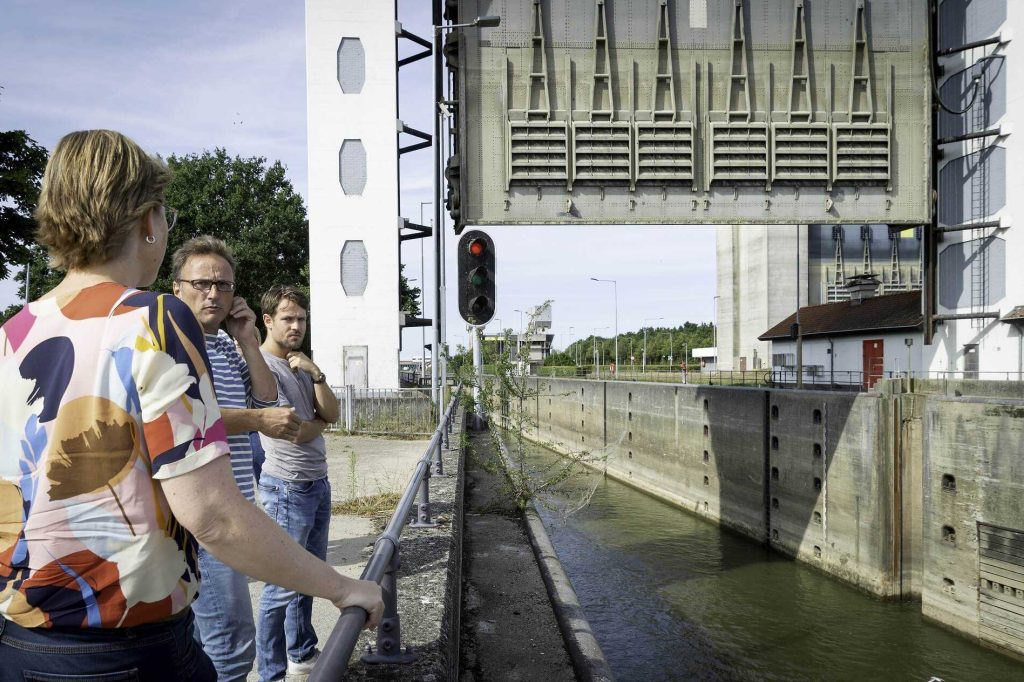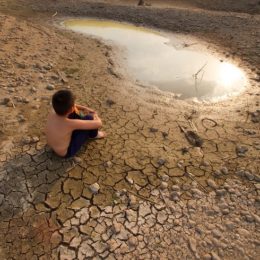Water supplies can no longer be taken for granted, even in deltas
Most of our available freshwater supplies are beneath our feet, stored in lakes or flowing through rivers. In many delta regions, those supplies were taken for granted for a long time. Climate and socio-economic changes have transformed that situation.

Deltares has an unparalleled awareness of these changes: as a knowledge institute for water, soil and infrastructure, we have a knowledge base that allows us to work with stakeholders on solutions to distribute the available water supplies for people, nature and the economy better and more equitably. Government authorities, NGOs and commercial companies can call on us to map out the water supplies of today and the future, and possible ways of increasing those supplies.
In Europe, and therefore the Netherlands, water allocation has traditionally been based on a assumptions that do not take into account the changes we are facing today. Not only is Europe, like other places in the world, getting drier: agriculture, drinking water and nature, and energy supplies all need water and that demand is still on the rise. Water quality is also suffering as a result, which in turn means that there is, on balance, less water available. Research and knowledge are needed as a basis for the discussion of this challenge.
How Deltares helps to understand water supplies

Working with others, we develop information systems and high-resolution models that provide both water managers and water users with an understanding of water availability and the risks of shortages for people and nature. The Blue Earth community is a good example of this. With this knowledge, we also contribute to international cooperation in river basins (SDG 6.4 and 6.5).
Integrated water management is sustainable
There are times when there is too much rain and meltwater run-off; at other times, there is too little. Water can be stored during wet periods and kept in the subsurface or in wetlands for use when things are drier. Deltares engages in research and calculations to do this responsibly on the basis of its knowledge of water, soil and infrastructure. We use methods and tools to make the various solutions transparent and share our knowledge.
Water and soil together determine the ultimate supplies
Not only is it important in spatial planning to take into account the water needed for all functions, the soil is also an essential element for maintaining good supplies. Healthy soil absorbs water: that is good for nature and it feeds the water cycle. In this way, the natural system can do its job. Paved environments drain away water too quickly and have a negative effect on water quality. In the Netherlands, water and soil are considered to be leading in terms of making the country water-robust by 2050. In Europe, we are working on knowledge for the Green Deal.
Water supplies at the international level
Our knowledge helps international organizations such as the United Nations and the World Bank to develop solutions for the sustainable management and use of water resources that are also socially adaptive and inclusive, important boundary conditions that are also mentioned in the SDGs.

We also emphatically use our knowledge to support refugees and displaced persons (IDPs) in local and national development plans. Deltares is committed to contributing to water security, addressing water-related risks and protecting the environment in and around refugee camps (and therefore complying with, for example, SDG 6). We are also part of the Water, Peace and Security initiative, analysing which areas are at high risk of involuntary migration or conflict as a result of water shortages. Furthermore, we are developing solutions for prevention in consultation with local governments and communities.




